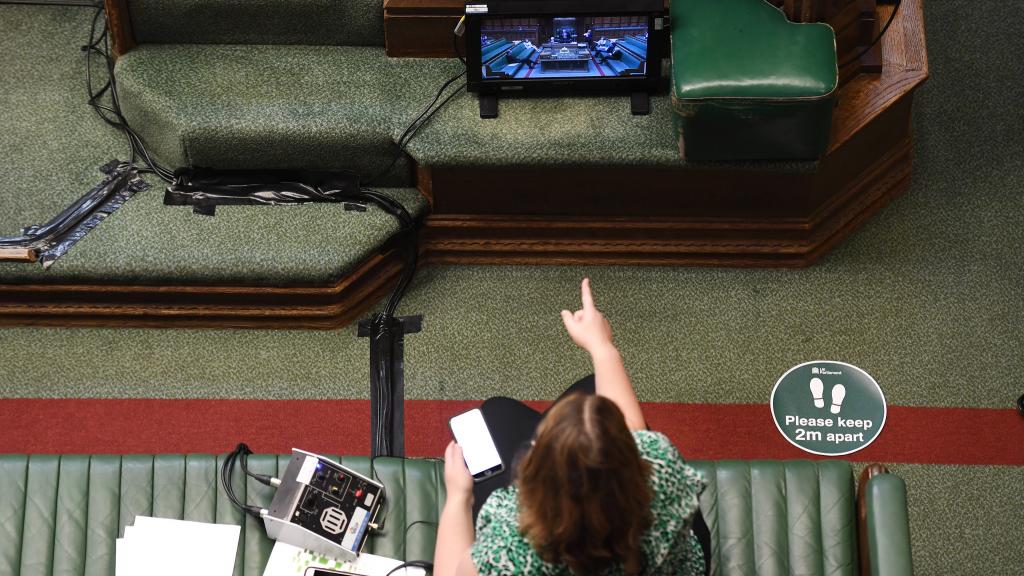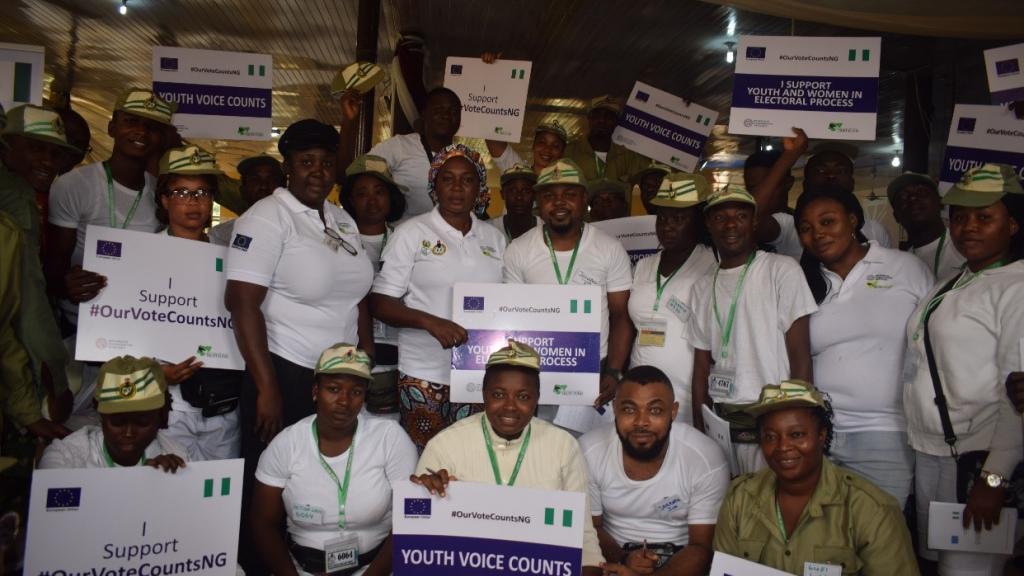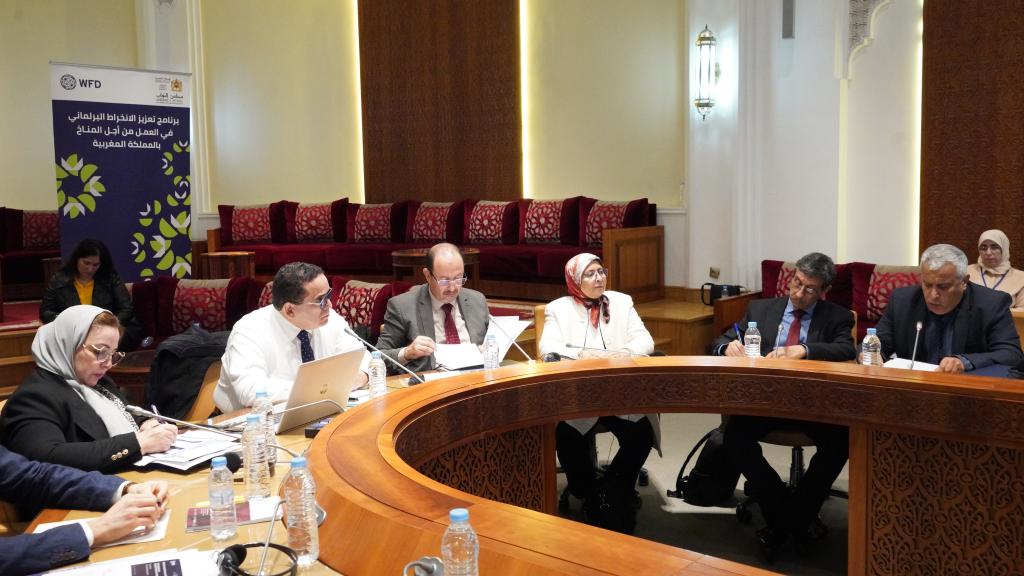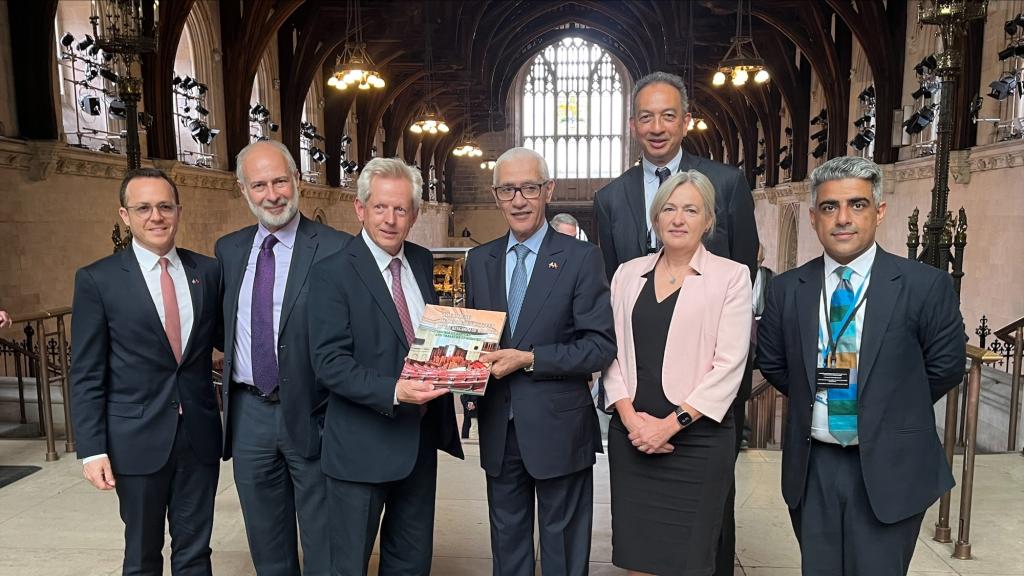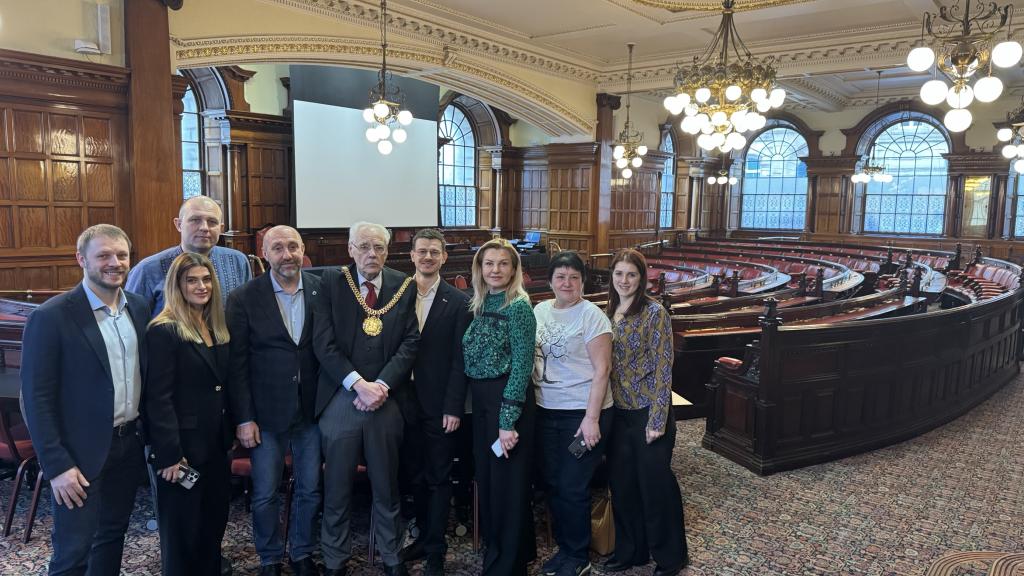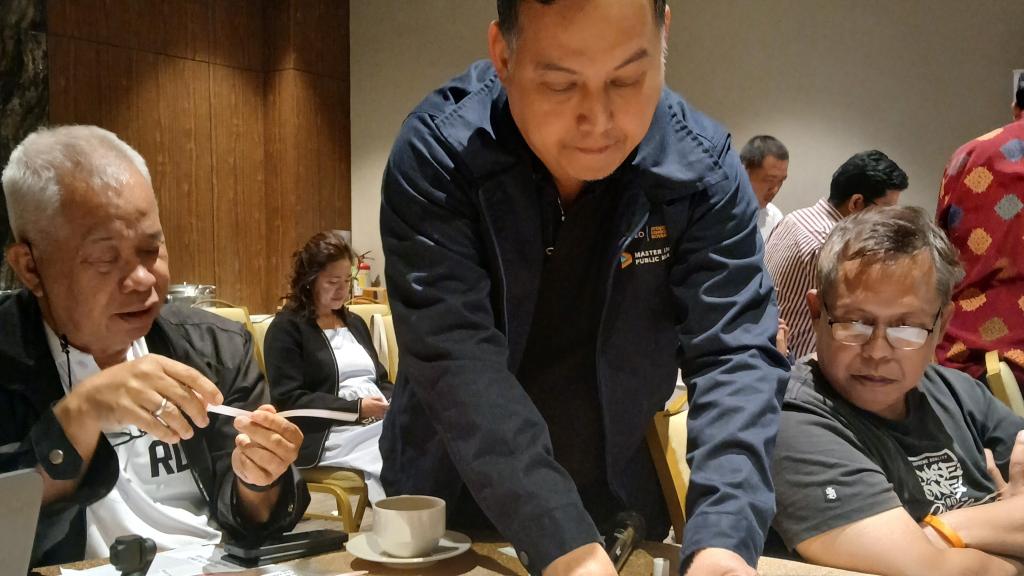The ability of citizens to interact with political institutions is critical to the future of democratic systems. Civil society organisations (CSOs) are a channel to engage constructively with government. This helps ensure government provides adequate services and adopts evidence-based policies.
Over the past decade, more and more governments have adopted laws and practices that constrain civic space. Civic space is the set of conditions that allow civil society and individuals to organise, participate and communicate freely and equally. In restricting this space, governments have limited the ability of citizens to influence politics and society. According to the 2020 Civicus Civic Space Monitor, only 3% of the world population world’s population lives in countries with an open civic space.
Parliaments play a critical role in shaping civic space. They can do this by creating an environment which allows civil society to make its voice heard. They can also make sure civil society is able to defend civic space.
However, parliaments have struggled to find new ways to engage meaningfully with citizens and civil society. Digital technologies offer plenty of opportunities to create more open, accountable and engaged parliaments. Yet, many parliaments do not have enough experience of or expertise in digital ways of working and engaging.
Citizens are hungry for democratic reforms that will allow them to have more of a say in the decisions that affect their lives. Innovative practices, such as coalitions for change or citizen assemblies are testaments to this.
Our approach
By giving civil society and citizens a more direct role in setting policy agendas and shaping the public decisions that affect them, democratic institutions become stronger.
What is more, involving citizens and civil society in decision making leads to better policy outcomes. This is especially true when the issues at stake are complicated or linked to values and lead to polarisation in politics. Political decisions, especially the ones that create divisions among people, will be better accepted and trusted if citizens have discussed and influenced them.
Putting participation at the heart of democratic institutions is key to improving trust in those institutions and addressing democratic deficits.
How WFD supports openness and participation
Supporting parliaments in protecting civic space
Ensuring that decision makers listen to the voice of civil society should be a cornerstone of every democratic society. Government attempts to restrict civic space should concern all parliaments as democratic institutions representing the people. Equipping parliaments with the necessary information and tools to fight shrinking civic space is at the heart of WFD’s openness and participation offer. WFD is also supporting civil society organisations in several countries to contribute to strengthening inclusion and accountability in political systems.
Creating new opportunities for people to participate in parliamentary processes
Civil society organisations (CSOs) are independent from the state and not-for-profit. They often rely on volunteers from their communities. They range from small community-based organisations to larger non-governmental organisations. They often campaign and advocate for improvements to human rights.
Supporting civil society to participate in parliamentary processes is a core area of WFD’s work. This helps ensure policy and laws are based on evidence.
We continue to engage with parliamentary committees on increasing civil society and citizen participation while identifying new ways of engagement. Mobile committee hearings, whereby committees hold sessions outside of parliament, are one of the best ways parliaments can engage with citizens. These sessions seek to build citizen engagement using a different, more accessible approach.
Initiatives such as the Open Government Partnership (OGP), have provided a useful framework for creating a space for civil society to engage more systematically and holistically with the parliament. The OGP encourages parliaments to co-create and co-implement commitments with civil society for more open, transparent, and accountable parliaments. WFD is at the forefront of supporting parliaments to engage with OGP by fostering parliamentary participation in the initiative and recognizes the value of legislative engagement in open government reform efforts.
Strengthening parliamentary capacity to use technology to advance participation
During the COVID-19 pandemic, the need for parliaments to adopt digital tools to maintain their operations has come into sharp focus. MPs and parliamentary staff have become more interested in harnessing digital tools and new ways of working. They have also recognised the opportunities that this digital transformation presents to engage citizens in decision making. WFD supports parliaments in this digital transformation by offering solutions and good practices for digital engagement.
Supporting strong coalitions for change
Coalitions for change harness the power of citizen activism and groups like civil society organisations or business associations. They forge alliances to promote change, using different strategies, such as advocacy to influence decision-makers directly or campaigning to influence public attitudes and behaviours to indirectly influence decision-makers. To be successful, these ideas need to be translated into laws, policies and spending decisions in parliament. In this area, WFD can make an important contribution by supporting the establishment of and facilitating coalitions for change.
Exploring innovative ways of deliberating, such as citizen assemblies
Recently, there has been a sharp rise in deliberative processes which focus on gathering inputs from a small number of citizens to solve a particular public problem in society. Citizens assemblies are the best-known model for deliberative processes and are well suited to address wider policy issues through extensive learning and deliberation. As these processes offer new opportunities to shape democratic institutions, WFD is exploring ways to present and foster these innovations in partner countries.

Introducing deliberative democracy
This guide is for members of parliament and other decision-makers who want to be inspired by new and innovative ways to bring citizens to the heart of the decision-making process.

